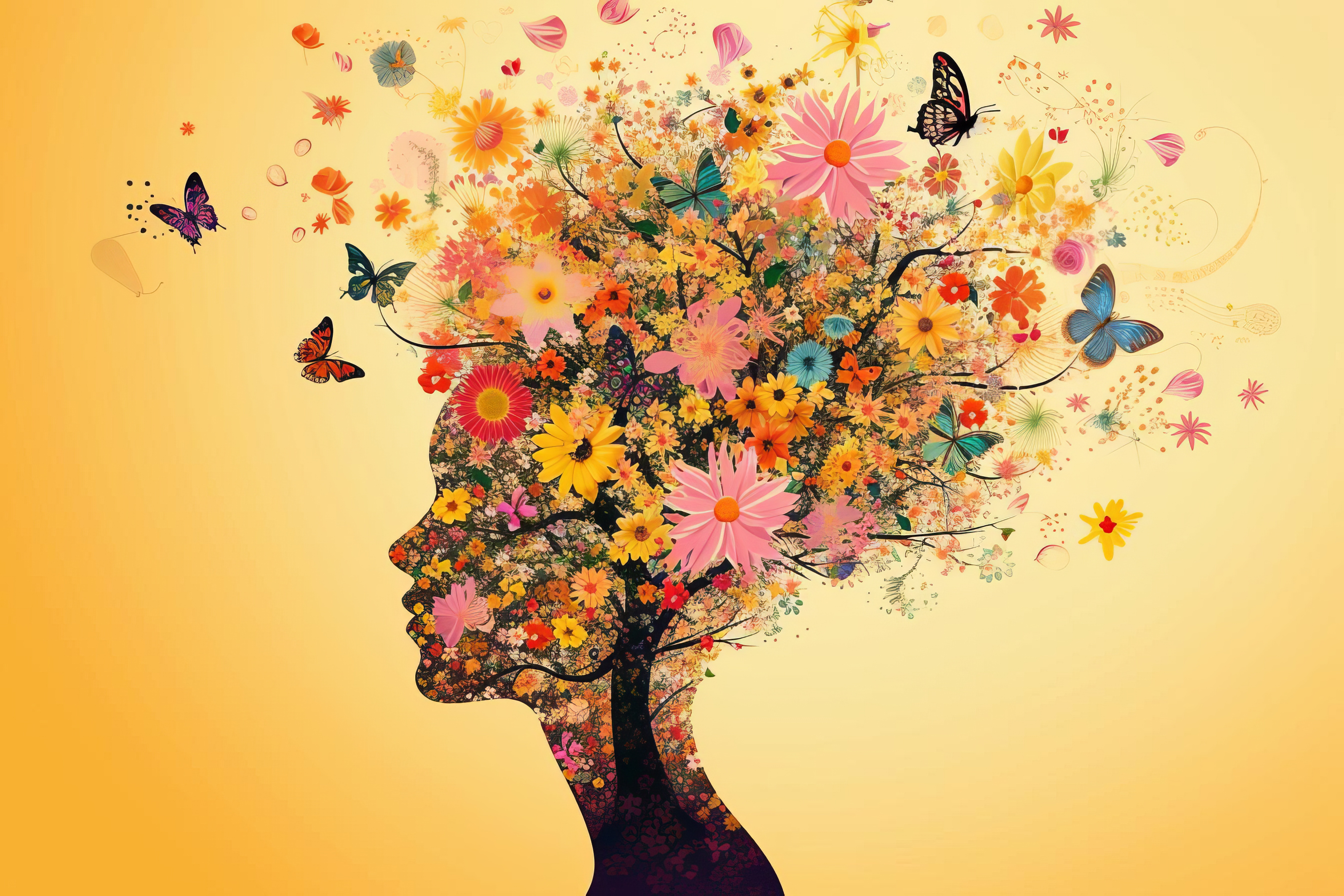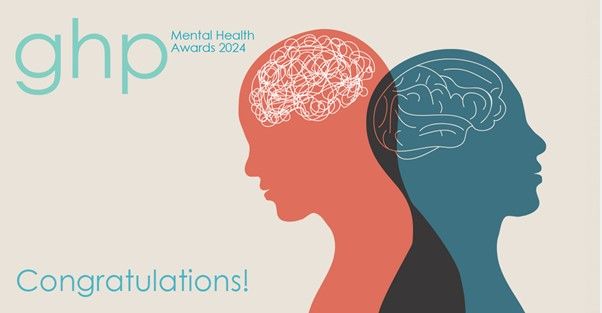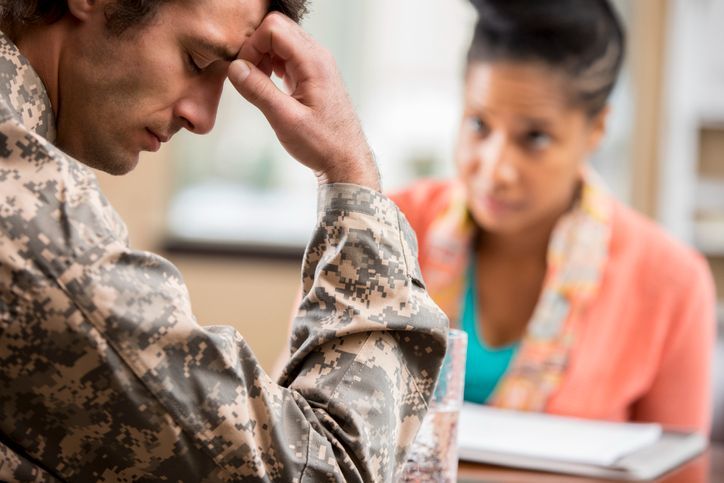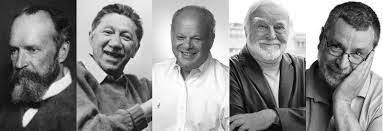Mind Body Education
Award-Winning Training For Holistic Therapists
About Holistic Counselling
Holistic counselling distinguishes itself from conventional counselling by adopting a more comprehensive and integrative approach to mental well-being.
While traditional counselling often focuses on identifying and addressing specific problems, holistic counselling takes a broader perspective. It recognizes that mental health is intricately connected to physical, emotional, and spiritual aspects of a person's life.
Holistic counsellors emphasize the importance of considering the whole person and their unique circumstances. This approach extends beyond mere symptom management and instead seeks to promote overall wellness and personal growth.
While traditional counselling often focuses on identifying and addressing specific problems, holistic counselling takes a broader perspective. It recognizes that mental health is intricately connected to physical, emotional, and spiritual aspects of a person's life.
Holistic counsellors emphasize the importance of considering the whole person and their unique circumstances. This approach extends beyond mere symptom management and instead seeks to promote overall wellness and personal growth.

Our current mental health system is failing by inadequately addressing the pervasive and urgent need for accessible, timely, and comprehensive care, leaving countless individuals without the support they desperately need.
In 2020–2022, one in five Australians (21.5% or 4.3 million people) had a 12-month mental disorder:
17.2% (3.4 million people) had a 12-month Anxiety disorder.
7.5% (1.5 million people) had a 12-month Affective disorder.
3.3% (647,900 people) had a 12-month Substance Use disorder.
These are only the number of people who actually sought help. Many do not.
Many people want a more holistic approach to what is readily available to them in the current health system.
17.2% (3.4 million people) had a 12-month Anxiety disorder.
7.5% (1.5 million people) had a 12-month Affective disorder.
3.3% (647,900 people) had a 12-month Substance Use disorder.
These are only the number of people who actually sought help. Many do not.
Many people want a more holistic approach to what is readily available to them in the current health system.
One key element of holistic counselling is the incorporation of positive psychology, which underscores the importance of cultivating strengths, resilience, and well-being rather than solely concentrating on what is wrong with an individual.
Positive psychology encourages the exploration of one's potential, the fostering of positive emotions, and the development of a sense of purpose and fulfilment.
Holistic counsellors aim to empower their clients to not only overcome challenges but also to thrive by fostering a positive mindset and emphasizing personal growth, ultimately helping individuals achieve a state of well-being that encompasses emotional, physical, and spiritual health.
Holistic counselling places a strong emphasis on empowering individuals with knowledge, understanding, skills, and tools to take charge of their own well-being.
Unlike many traditional forms of counselling, which may adopt a more passive approach, holistic counselling actively involves clients in their healing process. It equips them with a comprehensive set of resources and strategies that extend far beyond the counselling sessions.
Holistic counsellors work collaboratively with their clients, guiding them to explore the interconnected aspects of their lives, such as nutrition, exercise, mindfulness practices, and spiritual beliefs. By gaining a deeper understanding of these factors, individuals are better equipped to make informed choices that support their mental and emotional health.
Holistic counselling encourages self-awareness and self-empowerment, fostering a sense of autonomy and control over one's mental well-being. Through the acquisition of valuable skills and tools, individuals can proactively manage their stress, anxiety, and other challenges, reducing the need for ongoing therapeutic intervention. Holistic counselling becomes a catalyst for personal growth and self-improvement, leading to a more balanced and fulfilled life. It is a dynamic approach that goes beyond treating symptoms, aiming to provide clients with the means to thrive and flourish in all aspects of their existence.

All of our training programs, whether wellness coaching, remedial creative therapies or holistic art therapies, include holistic counselling training to the level of professional international approval by the IICT and accreditation with several international holistic and complementary therapies associations.
This allows us to train confident and competent holistic counsellors who also have powerfully effective tools that accelerate healing beyond the capabilities of talk therapy alone.
This allows us to train confident and competent holistic counsellors who also have powerfully effective tools that accelerate healing beyond the capabilities of talk therapy alone.
This is why we have received a multitude of awards, including the GHP Mental Health Awards for Best Holistic Training provider—Australia for the past three years in a row.


Why talk therapy doesn't always help
During a traumatic event, the brain's amygdala, which processes emotions, can become highly activated, leading to a shutdown of the Broca's area, which is responsible for speech production.
This neurological response can make it difficult for individuals to verbalize their traumatic experiences because the brain's speech centre is essentially offline during extreme stress, impairing their ability to process and communicate about the event.
Art therapy and creative therapies help individuals process traumatic experiences by engaging non-verbal parts of the brain, facilitating expression and emotional release when speech centres are impaired due to trauma.
Through creative activities, individuals can externalize their feelings and experiences, promoting healing and integration of their traumatic memories.
You do not need to be an artist, have studied art or even be a creative person to benefit from art therapy and creative therapies or become a holistic art therapist or remedial creative therapist.
Aren't these courses too short?
Holistic counselling training is typically much shorter than conventional counselling and psychology courses because it does not involve analyzing, diagnosing, or prescribing for clients.
Instead, holistic counsellors focus on guiding clients toward empowerment by providing them with tools that foster resilience and self-healing. This approach emphasizes personal growth, self-awareness, and the integration of mind, body, and spirit, which reduces the need for extensive training in clinical diagnosis and treatment.
As a result, holistic counselling training programs can concentrate on practical techniques and experiential learning, enabling practitioners to quickly acquire the skills necessary to support their clients' well-being.
Conventional Counselling Qualifications gained at university are usually postgraduate courses (meaning you already need a university degree of some kind).
They take two years, and most cost around $40,000 (Australian Dollars).
Explore our courses to discover how you can train much faster, with no prior qualifications, for a lot less and step into a rewarding career where you can support hundreds of people to live happier and healthier lives.
They take two years, and most cost around $40,000 (Australian Dollars).
Explore our courses to discover how you can train much faster, with no prior qualifications, for a lot less and step into a rewarding career where you can support hundreds of people to live happier and healthier lives.
Our graduates are industry-accredited, can practice legally, join the IICT and get professional insurance.
SEE OUR COURSES HERE
SEE OUR COURSES HERE


Holistic counselling is grounded in positive psychology.
Positive psychology emerged in the late twentieth century, presenting itself as a branch of psychology dedicated to the scientific exploration of well-being and the pursuit of the 'good life.' This shift towards investigating optimal human functioning was a response to the prevailing focus on what was 'wrong' with a person and aiming to establish a scientific understanding of human flourishing.
The founders of positive psychology played pivotal roles in shaping this field.
- William James: James, a philosopher, physician, and psychologist, holds the distinction of being the first educator in the United States to offer a psychology course. Fascinated with why some individuals thrived in the face of adversity, he emphasized the importance of understanding subjective experience in exploring optimal human functioning. Often regarded as America's first positive psychologist, James integrated pragmatic and functionalist perspectives to bridge the gap between mind and body.
- Abraham Maslow: Maslow, a key figure in humanistic psychology, coined the term "positive psychology" in his book "Motivation and Personality." Displeased with psychology's fixation on disorder, Maslow argued for a more accurate understanding of human potential. He criticized earlier psychological approaches for overlooking human virtues and aspirations, laying the foundation for positive psychology.
- Martin Seligman: Seligman was elected President of the American Psychological Association in 1996. He focused on positive psychology and proposed that mental health extended beyond the absence of illness, ushering in an era that explored the sources of human happiness and fulfilment. Seligman's research on learned helplessness and pessimism laid the groundwork for his collaboration with Christopher Peterson, resulting in a positive alternative to psychopathology in their book "Character Strengths and Virtues."
- Mihaly Csikszentmihalyi: Csikszentmihalyi, influenced by his experiences during World War II, developed an interest in psychology. His fascination with the flow state, the immersive experience of creativity, became a focal point of his work. Csikszentmihalyi's studies on flow have applications in understanding creativity, productivity, and happiness at both individual and organizational levels.
- Christopher Peterson: Peterson, a Professor of psychology at the University of Michigan, co-authored "Character Strengths and Virtues" with Martin Seligman. His work focused on strengths, virtues, optimism, hope, character, and well-being, making him one of the founding fathers of positive psychology.
- Carl Ransom Rogers: Rogers was an American psychologist who was one of the founders of humanistic psychology and was known especially for his person-centered psychotherapy.
- Alfred Adler: Adler was an Austrian medical doctor, psychotherapist, and founder of the school of individual psychology. His emphasis on the importance of feelings of belonging, relationships within the family, and birth order set him apart from Freud and others in their common circle.
